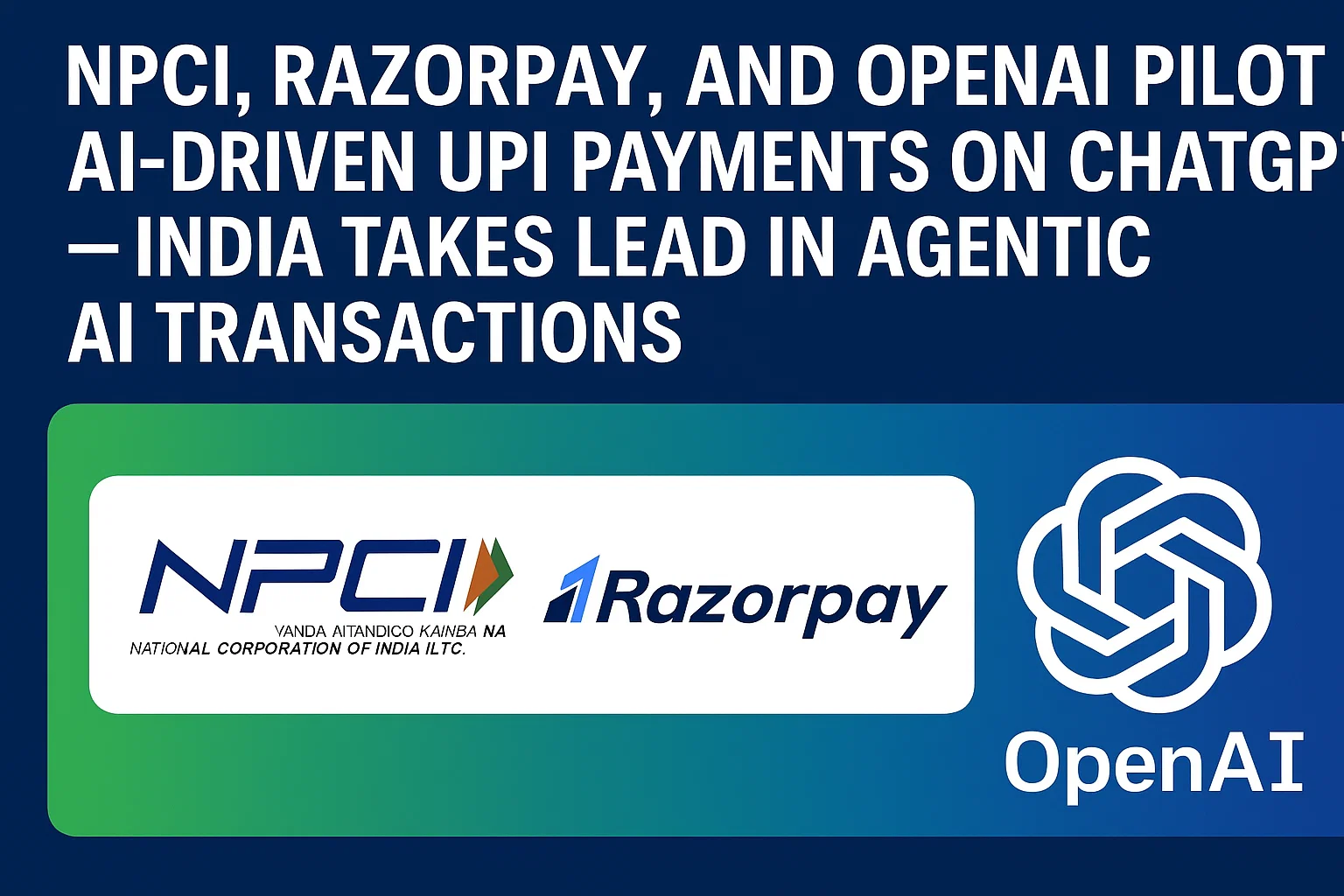
New Delhi – India now leads the world in fast digital payments, driven by the exponential rise of the Unified Payments Interface (UPI), according to a recent IMF Fintech Note titled “Growing Retail Digital Payments: The Value of Interoperability.” The report highlights that India processes more real-time digital payments than any other country, marking a major shift away from traditional cash and card-based transactions.
Developed by the National Payments Corporation of India (NPCI) and launched in 2016, UPI is an interoperable, mobile-based platform facilitating real-time interbank payments. Today, it processes over 18 billion transactions monthly, vastly outpacing other digital payment systems globally by volume.
The IMF note attributes UPI’s success to its interoperable design, allowing seamless payments between different banks and platforms—contrasting with closed-loop systems. As a result, usage of debit/credit cards and ATM cash withdrawals has declined, serving as a strong proxy for decreasing reliance on cash in India’s economy.
The paper further emphasizes the critical role of interoperability in fostering digital adoption, noting that regions with higher levels of integration saw a significant and persistent rise in digital payments relative to cash withdrawals.
The authors—Alexander Copestake, Divya Kirti, and Maria Soledad Martinez Peria—warn that as UPI continues to expand, policymakers must remain vigilant to ensure the system remains open, competitive, and free from monopolistic practices. They recommend monitoring emerging market dynamics and consulting private sector participants to sustain a healthy digital payments ecosystem.
India’s rapid transition to digital payments through UPI serves as a global model for fintech-driven financial inclusion, illustrating how public digital infrastructure can accelerate economic modernization and access.




